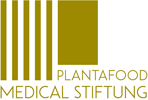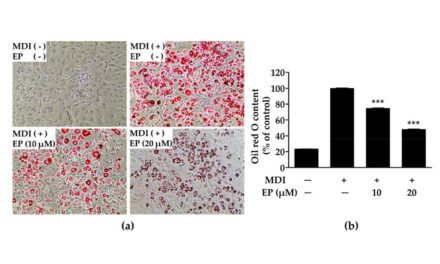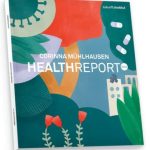Yu-Chen Cheng,1 Jer-Ming Sheen,1 Wen Long Hu,1,2,3 and Yu-Chiang Hung1,4
1 Department of Chinese Medicine, College of Medicine, Kaohsiung Chang Gung Memorial Hospital and Chang Gung University, Kaohsiung, Taiwan
2 Kaohsiung Medical University College of Medicine, Kaohsiung, Taiwan
3 Fooyin University College of Nursing, Kaohsiung, Taiwan
4 School of Chinese Medicine for Post Baccalaureate, I-Shou University, Kaohsiung, Taiwan Correspondence should be addressed to Yu-Chiang Hung; hungyuchiang@gmail.com
Received 31 July 2017; Revised 16 October 2017; Accepted 18 October 2017; Published 26 November 2017
Academic Editor: Anna M. Giudetti
Good nutrition could maintain health and life. Polyphenols are common nutrient mainly derived from fruits, vegetables, tea, coffee, cocoa, mushrooms, beverages, and traditional medicinal herbs. They are potential substances against oxidative-related diseases, for example, cardiovascular disease, specifically, atherosclerosis-related ischemic heart disease and stroke, which are health and economic problems recognized worldwide. In this study, we reviewed the risk factors for atherosclerosis, including hypertension, diabetes mellitus, hyperlipidemia, obesity, and cigarette smoking as well as the antioxidative activity of polyphenols, which could prevent the pathology of atherosclerosis, including endothelial dysfunction, low-density lipoprotein oxidation, vascular smooth muscle cell proliferation, inflammatory process by monocytes, macrophages or T lymphocytes, and platelet aggregation. The strong radical-scavenging properties of polyphenols would exhibit antioxidative and anti-inflammation effects. Polyphenols reduce ROS production by inhibiting oxidases, reducing the production of superoxide, inhibiting OxLDL formation, suppressing
VSMC proliferation and migration, reducing platelet aggregation, and improving mitochondrial oxidative stress. Polyphenol consumption also inhibits the development of hypertension, diabetes mellitus, hyperlipidemia, and obesity. Despite the numerous in vivo and in vitro studies, more advanced clinical trials are necessary to confirm the efficacy of polyphenols in the treatment of atherosclerosis-related vascular diseases







